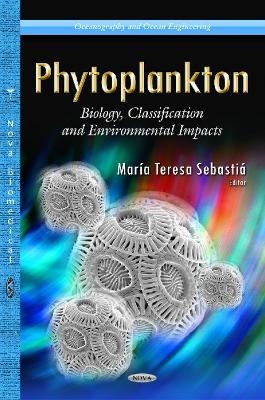
Phytoplankton
Nova Science Publishers Inc (Verlag)
978-1-62948-652-9 (ISBN)
Preface; Phytoplankton Productivity in a Changing Global Climate; Associations between Climate, Water Environment & Phytoplankton Production in African Lakes; Small- & Large-Celled Phytoplankton during a Strong Disturbance Period; Phytoplankton Ecological Interactions in Freshwater Ecosystems - Integrating Relationships in Subtropical Shallow Lakes; Composition & Dynamics of Phytoplanktonic Communities in 3 Large & Deep Western European Lakes: An Outline of the Evolution from 2004 to 2012; The Phytoplankton Role in Formation of Bottom Sediment Productivity in a Large Reservoir in the Years with Different Temperature Conditions; Eutrophication in the European Regional Seas: A Review on Impacts, Assessment & Policy; Use of Aquatic Microcosm Systems in Phytoplankton Ecology Studies: Objectives, Limitations & Applications; Toxicity of Sarpa salpa, as Related to Phytoplankton Consumption; Tannin-Based Coagulants in the Control of Algae Proliferation: New Perspectives of Consumption-Water Treatment; Algae Removal with Natural Coagulants: The Case of Moringa oleifera Seed Extract; Index.
| Verlagsort | New York |
|---|---|
| Sprache | englisch |
| Maße | 180 x 260 mm |
| Gewicht | 850 g |
| Themenwelt | Naturwissenschaften ► Biologie ► Botanik |
| Naturwissenschaften ► Biologie ► Limnologie / Meeresbiologie | |
| ISBN-10 | 1-62948-652-3 / 1629486523 |
| ISBN-13 | 978-1-62948-652-9 / 9781629486529 |
| Zustand | Neuware |
| Haben Sie eine Frage zum Produkt? |
aus dem Bereich


